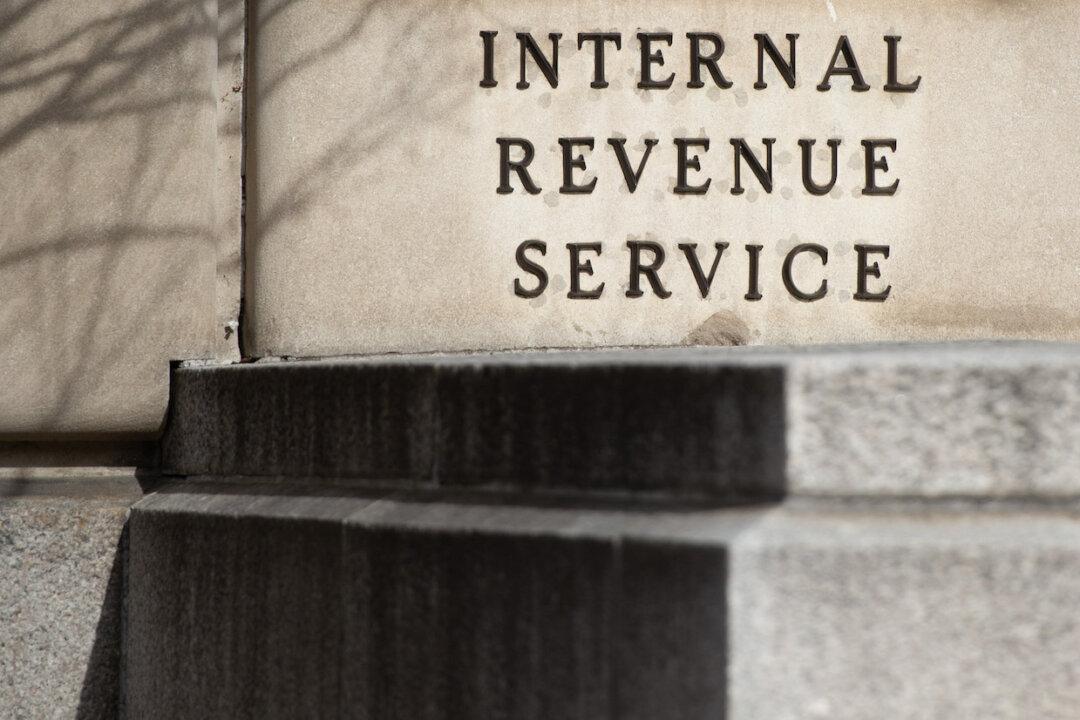The U.S. Internal Revenue Service (IRS) will be reviewing safety and security measures in response to what IRS Commissioner Charles Rettig calls “an abundance of misinformation and false social media postings, some of them with threats directed at the IRS and its employees.”
In a staff memo released on Tuesday, he said of the agency’s 600 office locations nationwide, “We are conducting a comprehensive review of existing safety and security measures.”




